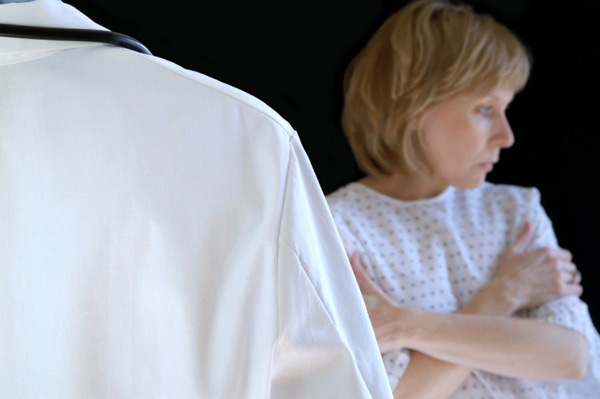
Removal of a healthy breast (contralateral prophylactic mastectomy or CPM) has risen five-fold in the past 15 years in women diagnosed with breast cancer in one breast with no family history (Stucky, Gray, Wasif, et al., Annals of Surgical Oncology, 2010; 17: 330-337). Dr. Kirstein, who manages the care of patients in the Stacy Goldstein Breast Cancer Center at Rutgers Cancer Institute and is an assistant professor of surgery at Rutgers Robert Wood Johnson Medical School, says typically CPM is not medically recommended for this population, but there are a number of reasons why these women choose to have it. “Fear of return of the breast cancer and perceived risk of recurrence increase the stress related to this decision. Advances made in breast reconstruction give many women more confidence about having the procedure, whereas even 10 years ago, the risks involved might have dissuaded women from this choice. And as more celebrities are choosing CPM, this seems to make the procedure more socially acceptable to some,” she says.
“There is a clinical need for greater patient education with regard to making this complex decision,” adds Dr. Manne, who is a professor of medicine at Rutgers Robert Wood Johnson Medical School. “Decision support aids that address the risks and benefits of the procedure can be helpful in promoting a well-informed choice.”
The ultimate aim is to develop a web-based decision support aid for women considering CPM. The first phase of the project will focus on development of the content of the tool based on interviews with women who did or did not choose to undergo CPM. Once the data is analyzed, the web-based tool will be developed and feedback gathered from patients. This will be followed by a clinical trial involving 80 women comparing the feasibility and acceptability of the new tool to women who receive the standard education and discussion from their physicians.
The study done by Rutgers Cancer Institute of New Jersey.